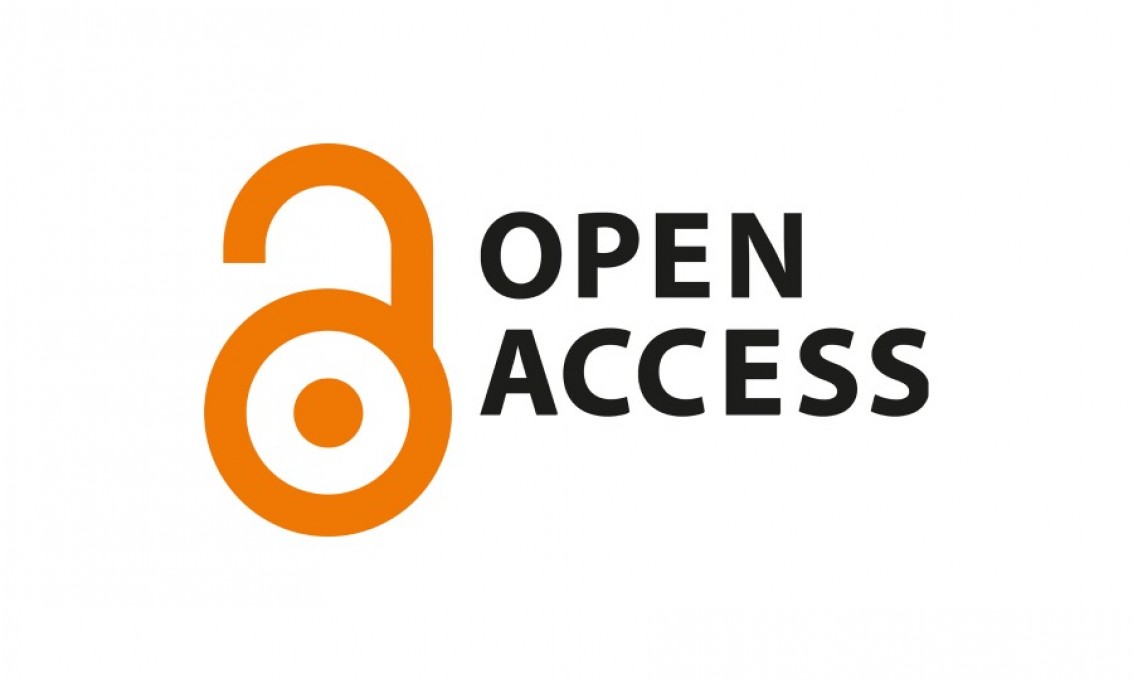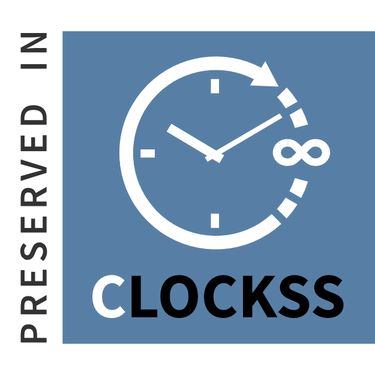Using Artificial intelligence to evaluate skill performance of some karate skills
DOI:
https://doi.org/10.54702/msj.2022.21.1.0001Keywords:
Artificial intelligence, skill performance karate gameAbstract
Human beings are starting to benefit from the technology revolution that witness in our time. Where most researchers are trying to apply modern sciences in different areas of life to catch up on the benefits of these technologies. The field of artificial intelligence is one of the sciences that simulate the human mind, and its applications have invaded human life. The sports field is one of the areas that artificial intelligence has been introduced. In this paper, artificial intelligence technology Fast-DTW (Fast-Dynamic Time Warping) algorithm was used to assess the skill performance of some karate skills. The results were shown that the percentage of improvement in the skill performance of Mai Geri is 100%.
References
Al-Tai M. , Assem, M. (2020). Artificial Intelligence in Physical Education Sciences. Amman: House of Methodology for Publishing and Distribution.
Ghazi, M. (2021). Digital Techniques in the Development of Physical Education. Amman: Dijla House for Publishing and Distribution.
Ghazi, M. (2021). Artificial Intelligence in Training and Teaching Karate. Amman: Dar Al Wefaq for Publishing and Distribution.
Ahmed, M. (2010). Building a Proposed Model for Evaluating Basic Motor Skills Using Some Qualitative Motor Analysis Models. Saudi Arabia: College of Sports Sciences and Physical Activity - King Saud University.
Mohammed, N. (2008). Kinetic Rhythm Between Theory and Practice. Zagazig: Journal of the Faculty of Physical Education for Girls.
Emada, B. (2020). The 11th International Conference on Ambient Systems, Networks and Technologies (ANT). Warsaw, Poland.
Goel, A. K. (2020, 1 20). DESIGN & INTELLIGENCE LAB. Retrieved From DESIGN & INTELLIGENCE LAB: Http://Dilab.Gatech.Edu/Ashok-K-Goel/
Downloads
Published
Issue
Section
License
Copyright (c) 2022 Modren Sport Journal

This work is licensed under a Creative Commons Attribution 4.0 International License.














